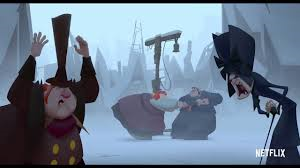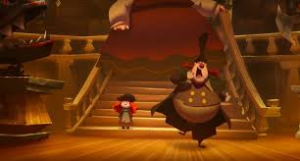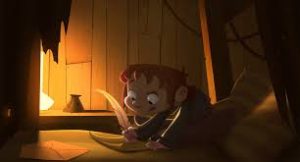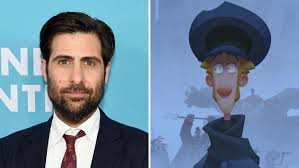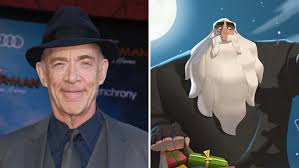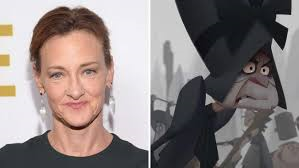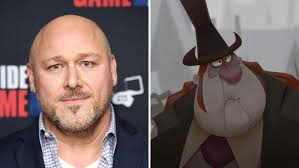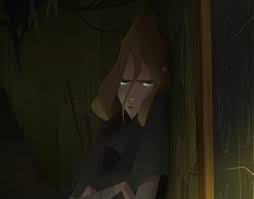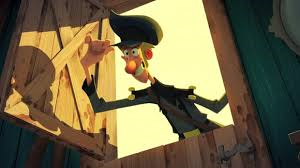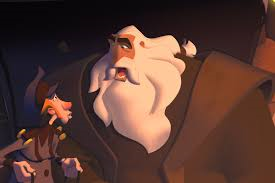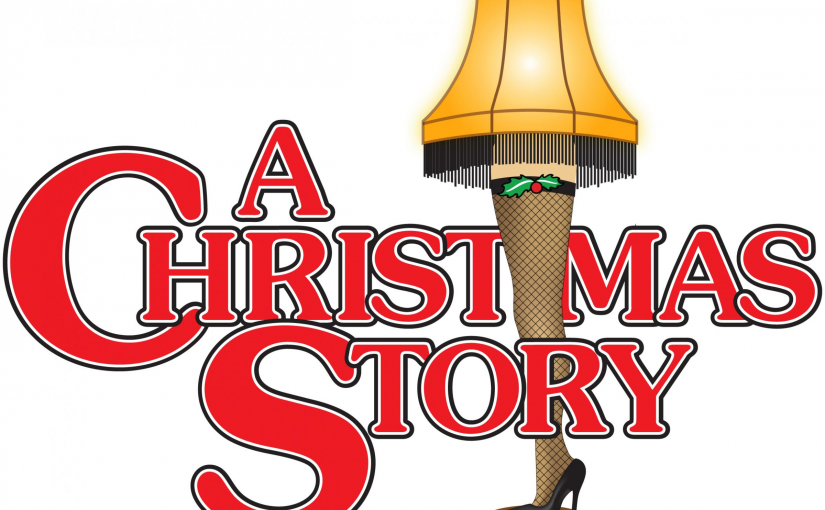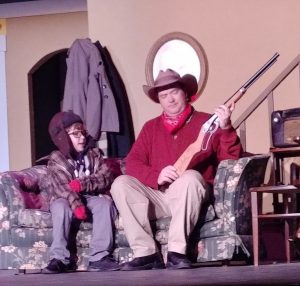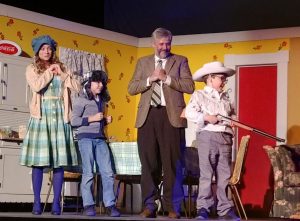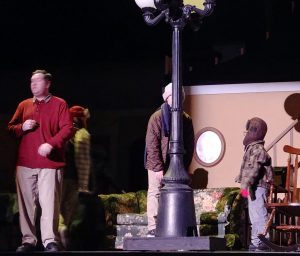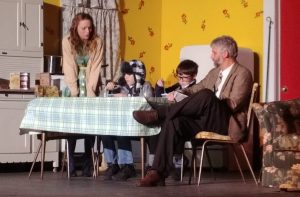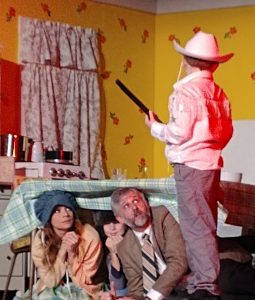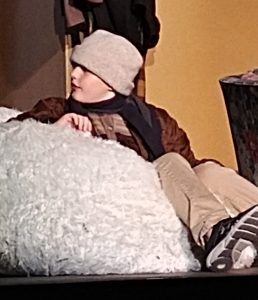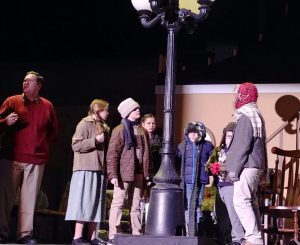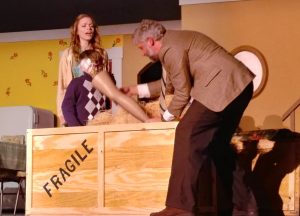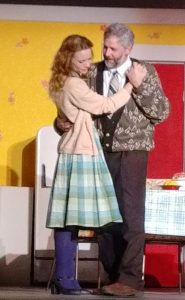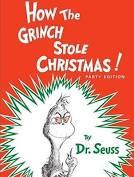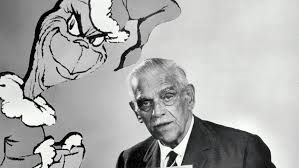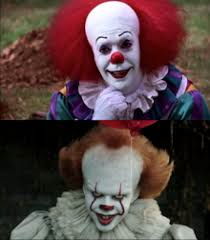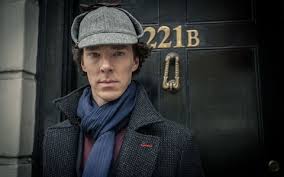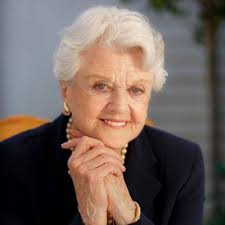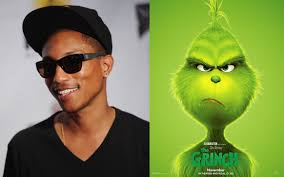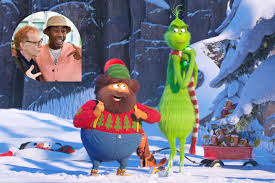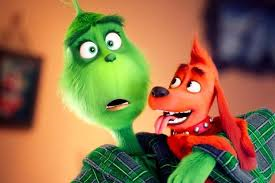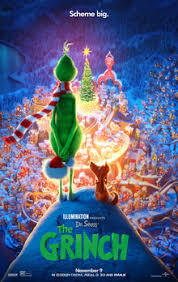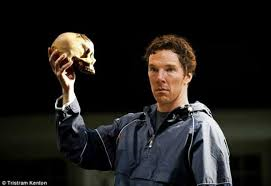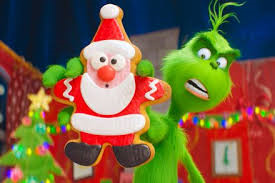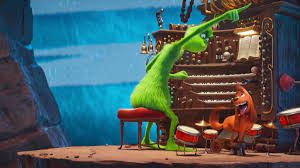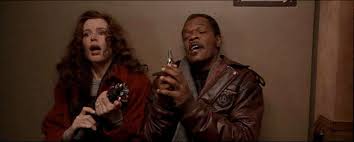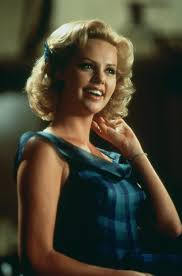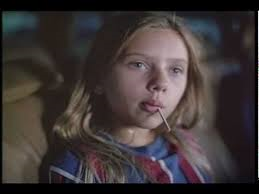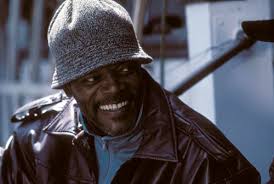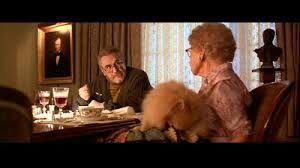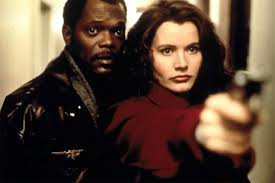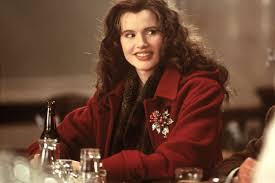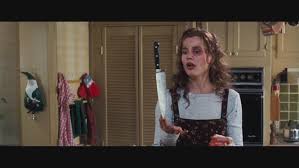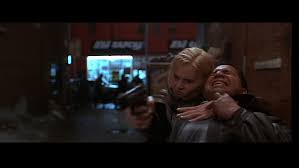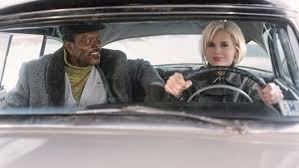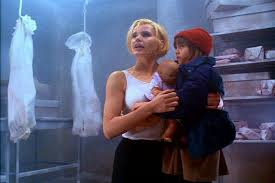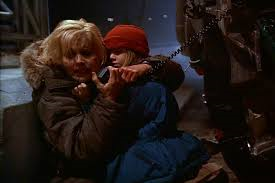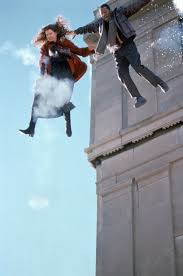SHORT TAKE:
Family friendly, warmly whimsical, and nostalgic, The Best Christmas Pageant Ever is a Nativity tale of how an entire town’s misguided preconception of their 75th annual Christmas play gets turned on its head and re-focused by their most unlikely citizens.
LONG TAKE:
There is a wise aphorism that a couple should take care not to spend so much time and attention on the wedding they forget about the marriage. The point being that it is easy to get so caught up in the details of the ceremony celebrating a public, even sacred, event, that you can lose track of the purpose. That can apply to many things, including a Christmas Pageant.
As is my usual custom, I will try to avoid any crucial spoilers.
This cautionary tale is beautifully produced by Kingdom Story Company and distributed by Lionsgate in its new release, The Best Christmas Pageant Ever. The story presents narratively, as the storyteller, Beth Bradley, recounts a particularly memorable event from her childhood. The format is reminiscent of the generally liked A Christmas Story, though there is a fundamental difference between the two. A Christmas Story focuses on a little boy’s obsession with getting a Red Ryder Air Rifle. This superficiality of theme has always made A Christmas Story ring hollow for me, as it entirely misses what should have been the eponymous point of the story. The Best Christmas Pageant Ever hits the bullseye.
There are two seemingly disparate but notable things about Beth’s home town, Emmanuel, during this remembered year: the 75th annual town Christmas Pageant was on the horizon and there was a family of 6 feral children, the Herdmans, who “terrorize” the town. Young and small but intimidating, the Herdmans have the entire town cowed into letting them alone as they commit petty thefts, start fights and basically disrupt the peace wherever they go. The townsfolk do not like them but do not really know what to do about them.
Providence steps in when the martinet director of the Pageant, who has done the same play, in the same rigid way for as long as memory serves, slips and breaks both legs. The directing responsibility falls (pun intended) to our narrator’s mother, a normally reserved woman who is inspired to step up despite the fact she has no qualifications to take on the job. Then to complicate matters, the Herdmans, for all the wrong reasons, decide to participate in the town’s beloved and jealously protected yearly pageant, scandalizing some and alarming others.
The watershed moment of the story becomes clear through the wise and generous actions of the patriarch of the Bradley family, as he supports his wife’s efforts and brings his family to observe an important service he yearly provides which sheds crucial light on the entire situation.
In another setting this could be the set up for a drama or even tragedy. But this is as light and enchanting as a Mother Goose tale and very funny.
Based upon a McCall magazine article by Barbara Robinson, adapted into a children’s book in 1972, then a stage play in 1982, and filmed as a TV movie in 1983, this story has gotten a lot of coverage. However, this feature film finally gives it the presentation it deserves. Directed by Dallas Jenkins, the brains and stamina behind The Chosen phenomena, this version of The Best Christmas Pageant Ever is family embracing, respectful of the Biblical source material, and comedically charming.
Proving the old saw that you never want to act with children or animals as they will upstage you, the child actors are wonderful, confidently commanding every scene they are in. There is an element of endearing caricature to all of the kids, especially the Herdmans, matching the larger than life memories of our adult interlocutor’s childhood encounters with them.
Along with Mr. Jenkins as director, two other veterans of The Chosen have prominent supporting parts: Kirk B. R. Woller, who plays Centurion Gaius in The Chosen, is the kindly Pastor Hopkins, and Elizabeth Tabish, the gentle Mary Magdalene in The Chosen, does a wickedly snarky, almost unrecognizable, turn as one of the domineering overly made-up society dames in town.
It is wonderful to see a film and not have to feel on guard that something deliberately offensive, or condescendingly critical of America’s foundational Judeo-Christian beliefs will unexpectedly pop up.
Though very human and not at all on pedestals, the characters in this story are people whose intentions are good but who have allowed their focus to become misplaced. And, true to form, God uses the most unlikely and smallest of a community to teach a lesson to the relatively powerful.
Go see The Best Christmas Pageant Ever – and bring everyone.




